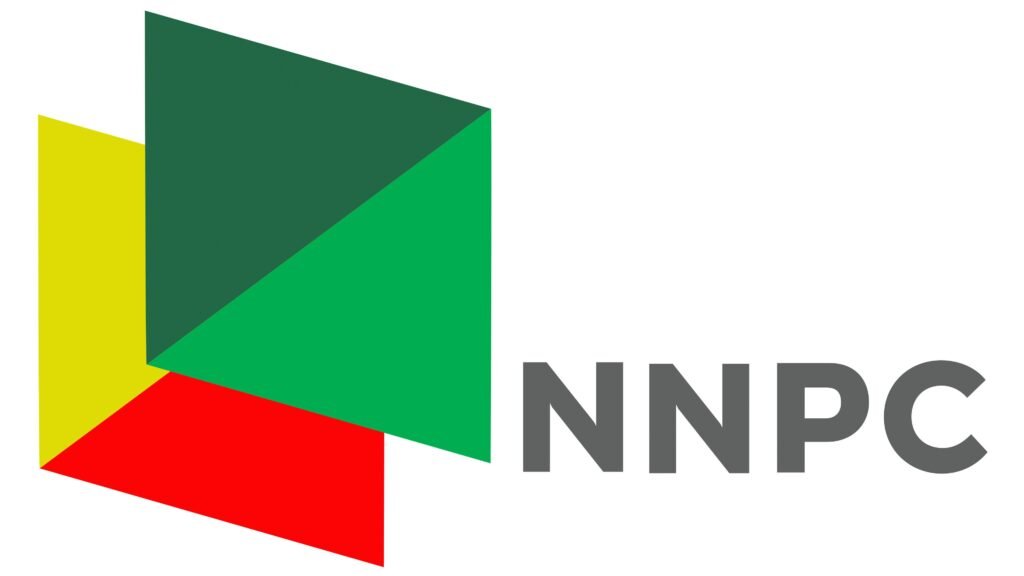The Nigerian National Petroleum Company Limited (NNPC) does not have the financial resources required to rebuild the country’s aging pipelines, according to the Minister of State for Petroleum Resources (Oil), Heineken Lokpobiri. Speaking at the recently concluded Energy and Labour Summit 2024, organized by the Petroleum and Natural Gas Senior Staff Association of Nigeria in Abuja, Lokpobiri highlighted the urgent need for pipeline repairs, noting that many of the country’s pipelines are old, corroded, and past their expiration date.

Lokpobiri emphasized that even if Nigeria could increase its crude oil production beyond 1.7 million barrels per day, the challenge would be how to transport the oil to terminals. He explained, “Part of our problem is that pipelines traditionally used to transport our crude were built in the 1960s and 1970s, and their lifespan has long since ended. We have identified that even when we can produce, evacuation is a big problem.”
He further explained that the ease with which pipelines are vandalized is largely due to their deteriorated condition. “The reason why pipeline vandalism is very easy to do is because the pipelines have all expired—they are completely corroded, so anyone can just tap into them and cause a rupture. There are better technologies and pipelines available that are used in other countries, but they are not cheap.”
Addressing the issue of funding, Lokpobiri stated, “The NNPC, our joint venture partner, doesn’t have the money to replace these pipelines. I think NNPC will speak for themselves, but I don’t believe they have the funds to do that.”
As a solution, Lokpobiri called for public-private partnerships (PPP) to address the problem. “That is why we have to adopt the global model—PPP. We need to bring in the private sector to help fix these old pipelines.” He added that for the private sector to invest in Nigeria, there must be confidence in the country, which he noted had been lacking over the past 12 years due to the absence of foreign investment in the nation’s oil sector. “When this government came into power, we worked to rebuild that confidence, and now investors are starting to come back,” he said.
Regarding fuel smuggling, Lokpobiri highlighted the issue of the NNPC importing petroleum products and selling them below the landing cost, which has led to widespread smuggling into neighboring countries. “Nigeria plays a critical role in energy security in Africa. That’s why the petrol we import finds its way across West Africa. As long as the NNPC imports and sells petrol at a price below the market rate, smuggling will continue. Even with all the security measures in place, the involvement of border security agents in the smuggling activities cannot be overlooked.”
Lokpobiri also expressed concerns about the supply of crude oil to local refineries, including the Dangote Refinery, noting that this could face challenges unless production is increased. “Our goal is to ramp up production. Only then can the midstream and downstream sectors thrive. We have resolved at the Federal Executive Council to sell crude to local refineries like Dangote and others refining for local consumption.”
He added, “The challenge is whether we have sufficient crude to supply these refineries. When I became minister a year ago, we were producing barely a million barrels per day. Today, we’re at approximately 1.7 million barrels per day, including condensate.”
Lokpobiri reaffirmed the government’s commitment to supporting local refining, stating, “Supporting local refining is the way forward. We need to attract investors to help explore and extract more crude so we can meet both our domestic needs and our export obligations. We are committed to ensuring a fair and competitive environment for both small and large refiners.”








